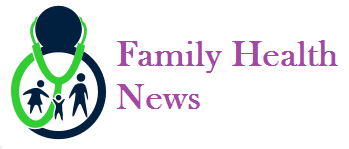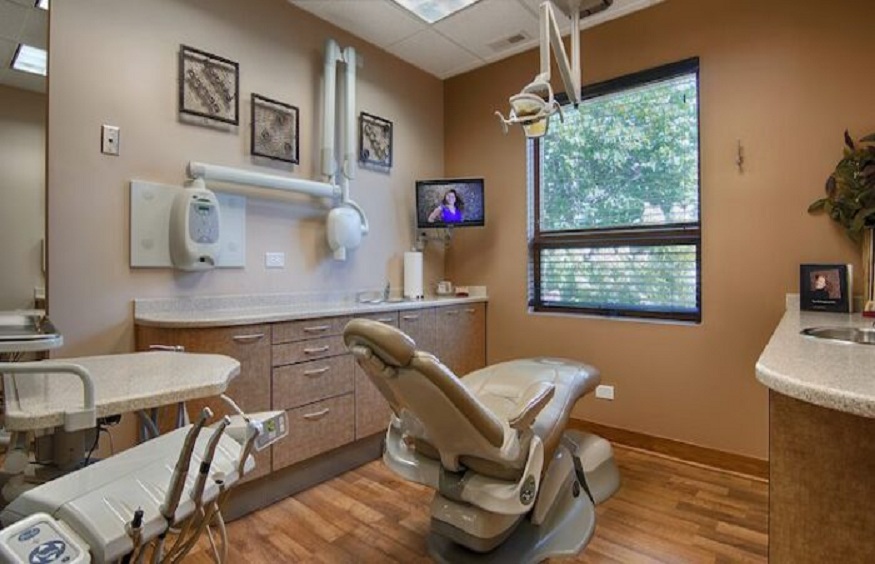If you have been regular with dental checkups and cleanings, your teeth and gums are likely to be in good health. However, despite periodic care, it is possible to experience symptoms that indicate the signs of an underlying concern. In this guide, we will talk about eight evident symptoms and signs that demand booking an appointment with your Arlington Heights dentist NOW!
- You are experiencing sensitivity: The top layer of a tooth is the enamel, which protects the pulp and blood vessels inside. If the enamel wears off due to decay or a cavity, the dentin (which is the second layer of a tooth) gets exposed, leading to sensitivity. If you have been having a hard time eating cold and hot foods recently, or one or more of your teeth feel sensitive, you have to see a dentist to address the progress of the decay.
- Your gums are bleeding: Healthy gums should not bleed – period! Bleeding gums could be an early sign of gum disease, called gingivitis. If you have noticed bleeding while brushing or flossing, check with your dentist soon. The good news is gingivitis is treatable, but if the symptoms are ignored, you may have advanced periodontal disease, which can lead to tooth loss.
- You feel concerned about your smile: While this is not something you are likely to experience suddenly, you should aim to resolve the problem of having an unattractive smile. It could be related to misaligned teeth, discoloration, or stains, and there are numerous cosmetic and orthodontic treatments available that can fix each of these concerns. Your dentist should be able to guide you better.
- You have persistent bad breath: Halitosis, also called persistent bad breath, could be a symptom of numerous oral problems, such as gum disease, decay, or even stomach issues. If you have been regular with brushing and flossing but your dental care habits have failed to resolve the breath problem, you should see a dentist.
- You are pregnant: Just like you have to see your gynecologist regularly during your pregnancy, you must book periodic dental appointments, too. Hormonal changes in the body can impact your teeth and gums, and many women experience symptoms like sensitivity and dry mouth. Check with your dentist immediately after you discover the good news.
- You have pain while opening your mouth: If you wake up one day with unusual pain in your jaw, which only gets worse as you eat or open your mouth, you are probably experiencing temporomandibular joint problems. Possible contributing factors include teeth grinding, misaligned teeth, and injury. Call your dentist to start the treatment.
- You have severe toothache: Pain in a tooth and swelling in gums are evident signs of dental disease. It could be related to decay, cavities, or injury, and while you can take an OTC painkiller for immediate relief, you have to see a dentist soon to find and tackle the possible cause.
- You haven’t seen a dentist in six months: As we talked earlier, regular checkups are essential for keeping your teeth and gums healthy, and if you haven’t seen a dentist in the last six months, you are inviting unwanted concerns.
Final takeaway
Dental care has come a long way, and with better technology and treatments, most of the above issues can be addressed effectively. Make sure to choose a reliable clinic in Arlington Heights with experienced dentists, and when you step in for the first consultation, consider whether you like the staff and environment. A qualified and capable dentist will answer your questions, explain available treatment options, and discuss all relevant aspects, including risks.

